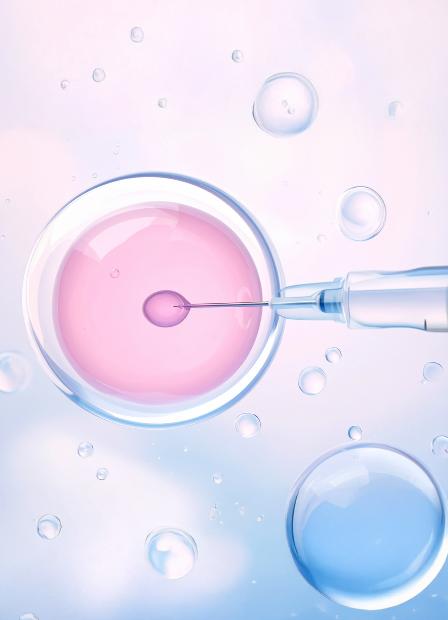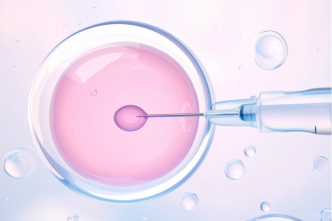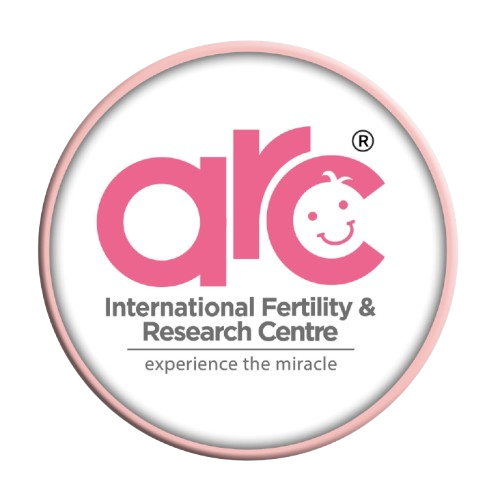Advanced Genetic ScreeningStarts Here
India’s most advanced embryo testing technology that selects chromosomally healthy embryos for higher success and healthier babies.
- Healthy Embryo Selection – Identify chromosomally normal embryos for higher pregnancy success
- Reduced Risk of Genetic Disorders – Screen embryos for inherited conditions before transfer
- Improved IVF Outcomes – Choose the best-quality embryos to ensure safe and successful pregnancies
- IVF Excellence Award
- ICMR Certified
- 25+ Years IVF Expertise
Start Your Journey Today
Get expert consultation from our fertility specialists
- Trusted by 1,00,000+ Couples
Understanding PGT Treatment
Get comprehensive information about PGT to make informed decisions about your fertility journey
What is PGT?
Understanding Preimplantation Genetic Testing
PGT (Preimplantation Genetic Testing) is an advanced technique used during IVF to examine embryos for genetic or chromosomal abnormalities before transfer. It helps ensure only the healthiest embryos are chosen, increasing the chances of a successful pregnancy and reducing the risk of inherited disorders.
- Embryos are developed in the lab after IVF or ICSI
- A few cells are gently biopsied from each embryo
- The genetic material is carefully analyzed for chromosomal or inherited conditions
- Only chromosomally healthy embryos are selected for transfer
- The process is safe, precise, and guided by expert embryologists


When to Choose PGT?
Right time for Preimplantation Genetic Testing
PGT is recommended for couples undergoing IVF who wish to improve their chances of a healthy pregnancy and reduce the risk of genetic disorders. Our specialists guide you in deciding if PGT is the right step for your fertility journey.
- History of recurrent miscarriages or failed IVF attempts
- Women of advanced maternal age (usually above 35 years)
- Couples with a known family history of genetic or chromosomal disorders
- Cases of unexplained infertility after multiple treatment cycles
- Men with severe sperm abnormalities that may cause genetic issues
- Couples wishing to ensure the healthiest embryos are selected for transfer


Who Can Prefer PGT?
Ideal candidates for PGT treatment
PGT is an advanced option for couples and individuals who want to maximize the chances of a healthy pregnancy by selecting embryos free from genetic or chromosomal issues. It is especially helpful in high-risk fertility situations.
- Couples with a family history of genetic or inherited disorders
- Women of advanced maternal age (typically above 35 years)
- Couples who have experienced multiple miscarriages or failed IVF cycles
- Men with severe sperm abnormalities that may affect embryo quality
- Couples undergoing IVF who wish to select the healthiest embryos for transfer
- Patients opting for single embryo transfer to reduce multiple pregnancy risks


Ready to Start Your IVF Journey?
Schedule a consultation with our fertility specialists to discuss your personalized treatment plan
PGT Treatment Process at ARC
Our PGT treatment combines advanced genetic testing with IVF to ensure the healthiest embryos are selected, guided with personalized care at every step.
1
IVF / ICSI Cycle
- 2-3 weeks
Eggs are retrieved after ovarian stimulation, and sperm is collected. Fertilization is carried out in our advanced embryology lab.
2
Embryo Culture
- 3-5 days
Fertilized embryos are carefully cultured in the lab until they reach the blastocyst stage (Day 5 or 6).
3
Embryo Biopsy & Testing
- 1–2 days
A few cells are gently biopsied from each blastocyst without harming the embryo. These cells are analyzed to check for chromosomal or genetic abnormalities.
4
Healthy Embryo Selection
- 1–2 days
Only chromosomally normal and healthy embryos are selected for transfer, ensuring the best chances of pregnancy and reducing risks.
5
Embryo Transfer
- 1 day
The healthiest embryo(s) are carefully transferred into the uterus in a simple, painless procedure. Remaining healthy embryos can be frozen for future use.
6
Pregnancy Test
- 2 weeks
A blood test is conducted 10–14 days after embryo transfer to confirm pregnancy.
Ready to Begin Your PGT Journey?
Our experienced fertility specialists will guide you through every step of the process with personalized care and support
Why Choose ARC for PGT
Leading fertility care with proven success and trusted expertise
Trusted by millions
Performed with Precision
Proven results
Backed by Expertise
Join Thousands of Successful Families
Experience the difference with ARC's personalized IVF treatment and compassionate care
Frequently Asked Questions
Get answers to the most common PGT questions
Is PGT safe for the embryos?
Yes. PGT is performed by skilled embryologists using advanced techniques. Only a few cells are taken from the outer layer of the embryo (which later forms the placenta), leaving the embryo itself unharmed.
Does PGT guarantee a healthy baby?
PGT greatly reduces the risk of genetic and chromosomal issues, but like all medical procedures, it cannot provide a 100% guarantee. It significantly increases the chances of a healthy pregnancy.
How long does PGT take?
After the biopsy, the genetic analysis usually takes a few days. Embryos are safely frozen during this period, and healthy ones are transferred in a subsequent cycle.
Does PGT affect IVF success rates?
Yes, PGT can improve IVF outcomes by selecting chromosomally normal embryos, which have a higher chance of implanting and leading to a healthy pregnancy.
Who should consider PGT?
PGT is especially recommended for couples with a history of recurrent miscarriages, failed IVF cycles, advanced maternal age, severe male factor infertility, or a family history of genetic disorders.
